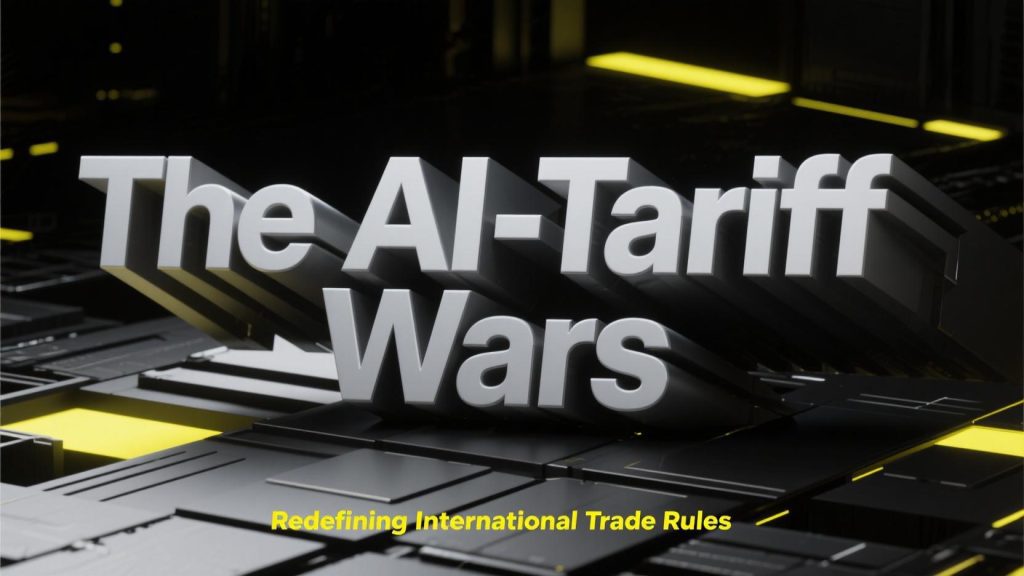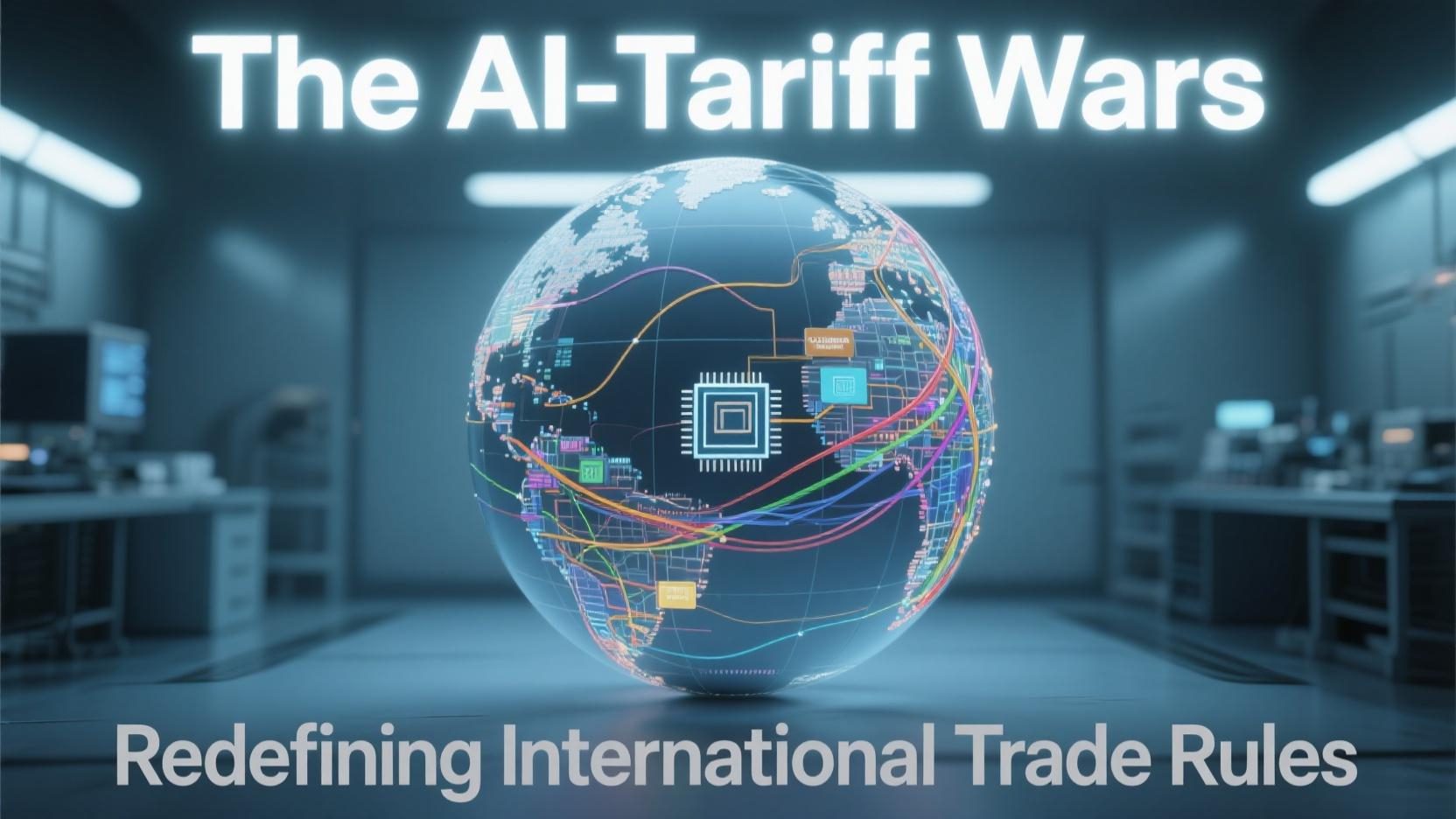In 2025, the global trading system is grappling with its biggest disruption in decades: the rise of AI-tariff wars. As artificial intelligence reshapes commerce, nations are inventing new ways to tax, regulate, and protect their interests, ushering in an era where algorithms, not customs officers, stand guard at borders.
The New Trade Barrier: AI Regulations
Traditionally, goods crossing borders were regulated based on weight, quantity, or commodity classification. Now, nations impose digital levies based on how AI is used within the supply chain:
-
💻 Data Export Taxes: Countries charge fees for access to critical AI training data sourced within their borders.
-
⚡ Algorithmic Export Restrictions: Advanced AI algorithms — especially those used in defense or surveillance — are treated like weapons-grade goods and restricted through international licensing.
-
📈 Smart Tariffs: New AI-driven tariff systems adjust in real-time based on economic indicators, environmental constraints, and security alerts.
The Battle of Algorithms
With AI embedded in every link of the global supply chain, a new form of protectionism has emerged:
-
🇺🇸 USA uses AI to impose precision tariffs on semiconductors and advanced electronics.
-
🇨🇳 China retaliates with algorithmic quotas, limiting access to lithium and rare earths critical for AI chips.
-
🇪🇺 EU adopts “Ethics-Based Trade” policies, imposing penalties for AI that violates privacy or environmental standards.
The Impact on Business
For multinational companies, the AI-tariff era means navigating a complex landscape:
-
📊 Compliance Complexity: Firms must implement real-time monitoring of AI regulations across jurisdictions.
-
⚔️ Geopolitical Risk: Sudden changes in AI policies can freeze global supply chains, forcing businesses to rethink their global footprints.
-
💡 Strategic Opportunities: Companies with ethical AI practices gain access to premium markets and favorable tax treatments.
The New Architecture of Trade
As AI becomes the engine of global commerce, international trade is reshaping itself:
-
🌍 Data is the New Oil: Nations with abundant and clean datasets dominate the AI value chain.
-
⚔️ Algorithmic Sovereignty: Control over AI means control over trade flows, making digital self-reliance a cornerstone of economic security.
-
🔥 Rise of AI Trade Pacts: New alliances form, focusing not just on goods and services, but access to algorithms, data, and compute resources.
Conclusion
The era of AI-tariff wars is upon us, marking a shift from traditional notions of trade to a highly dynamic, data-centric global marketplace. In this new paradigm, nations and businesses must adapt quickly—or risk being left behind in an increasingly intelligent world. Those that master AI as both a tool and a commodity will redefine global trade for the next century.









